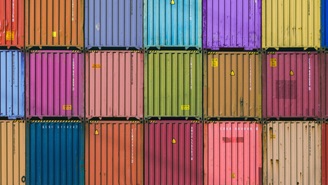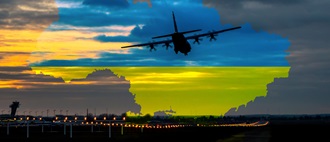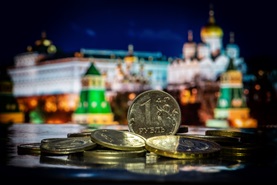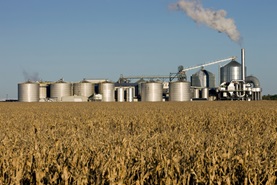What's Happening in Sustainable Finance: Whether War Could Spur Adoption of Renewables, Thoughts on Just Adaptation, and More
In this month’s round-up of the sustainable finance market, we discuss how geopolitical conflicts could spur the adoption of renewables, considerations for a just adaptation, and much more.
ESG Implications of Russia’s Invasion of Ukraine on the Automotive Industry
The Russia-Ukraine conflict has put more pressure on a sector that was already constrained by the disrupted supply chains, brought about by pandemic-induced congestions and shortages. Additionally, the surge in fuel price is already affecting customers, although it may accelerate the adoption of electric vehicles (EVs) as a side effect. However, the scarcity of minerals, which are necessary for semiconductor manufacturing, may further exacerbate the chip shortage that has afflicted the automotive industry since 2020.
Mapping Pay to Performance: ESG-Linked Compensation Around the World
In this infographic, we examine the state of ESG pay-links, including their adoption in long-term incentives and short-term incentives, in five regions: Europe, the United States and Canada, Asia-Pacific, the Middle East and Africa, and Latin America and the Caribbean.
The Sustainalytics Podcast | Addressing Material ESG Issues: Practical Insights From our Expert Webinar Panel
Sharing insights from our webinar “Addressing Key Corporate ESG Issues: Lessons From Industries With High ESG Risk”. In clips from the live session, our sector analysts discuss the importance of measuring and managing material ESG issues such as environmental impacts, community relations and occupational health and safety.
Russia-Ukraine Crisis Could Spell Unforeseen ESG Risks for Insurers
The Russia-Ukraine conflict and the subsequent sanctions on Russian entities have led to material and wide-ranging impacts on diversified sectors and international firms. However, company disclosures and other sources suggest that the conflict’s primary impact on the global insurance industry is limited for two main reasons
How a Business Service Management Platform for Cloud and IT Evolved Its ESG at Strategic Scale
BMC Software gained the holistic view of its environmental, social, and governance efforts the company needed to measure its impact, understand how it could scale ESG programs, and communicate successes to stakeholders.
ESG Implications of Russia’s Invasion of Ukraine on the Aviation and Defense Sectors
The aviation industry is feeling the impact of rising fuel costs as an immediate repercussion of the conflict in Ukraine. In particular, the airline sector is still facing significant challenges in mounting a steady recovery from the COVID-19 crisis. On the other hand, the defense industry may be presented with opportunities in light of increased government spending in the aftermath of the invasion.
Banks’ ESG Risks Related to the Russia-Ukraine Conflict on Investors’ Radars
Investor interest in the banking sector remains high as the impact of Russian sanctions unfolds. Based on Morningstar Sustainalytics’ research, total unmanaged risk has increased for both Russian and international banks with exposure to Russian clients. To what extent have sanctions affected banks’ total unmanaged risk?
What's Happening in Sustainable Finance: Rhino Bonds Support Conservation, Spotlight on Social Bonds, and More
A round-up of recent developments in the global sustainable finance market. From innovative instruments for financing conservation efforts to growing ESG activity in the private equity space to a new taxonomy for social bonds.
Leveraging Blockchain to Improve Supply Chain Management - A Case Study for Household and Personal Products Companies
With growing scrutiny from stakeholders—international regulators and regional governments, NGOs, the general public, investors, and financial institutions—companies accused of human rights violations and environmental damage in their supply chains face substantial risks.
ESG Impacts of the War in Ukraine: Global Food Supply
The invasion of Ukraine highlights the fragility of the global food system. The destruction caused by the war and subsequent trade restrictions on Russia, endangers a significant percentage of the global food supply coming from two of world’s leading agricultural commodity exporters, consequently prompting food prices to surpass the 30-year high.
















.tmb-small.png?Culture=en&sfvrsn=5376f589_3)


